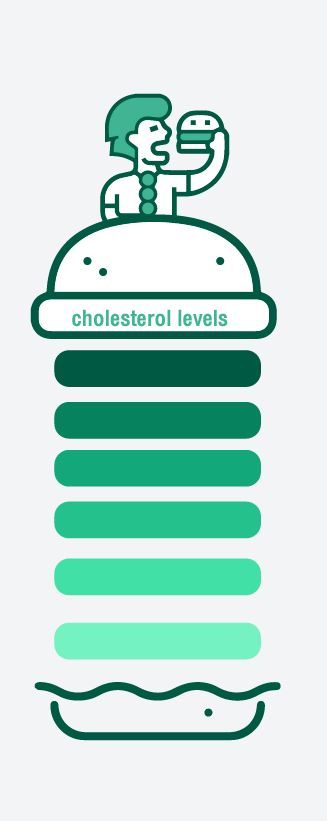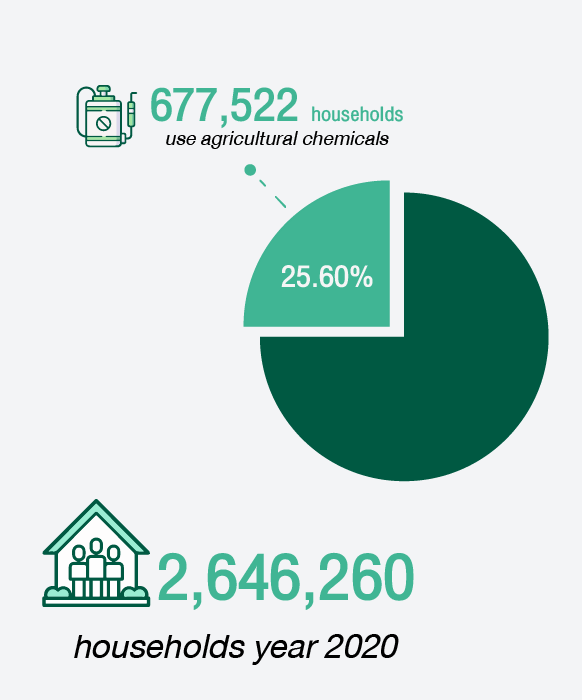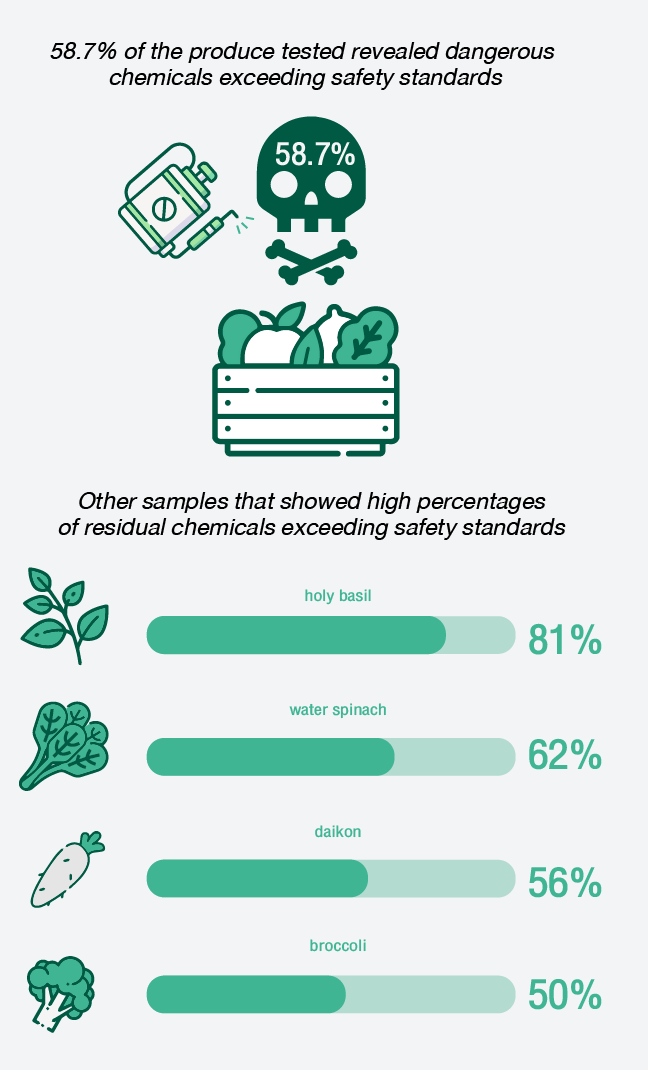Our Story
Our Story
Where do we begin?
We are what we eat
We all know the vital importance that food plays in our lives as it has a direct impact on our wellbeing both in terms of our overall health and in keeping us energized. With greater health awareness in recent years, consumers have increasingly demanded better food quality while generating pressure on manufacturers to reduce the production of processed and junk food. This calls for access to better food choices and are a result of seeing these demands as long-term solutions to combat and reduce chronic diseases like obesity, cardiovascular problems, and high saturated fat (cholesterol) levels that cause clogged blood vessels. Indeed, many countries have increasingly seen the importance of a proper diet and their governments have been actively promoting higher consumption of fruits and vegetables to improve overall health. Even though this is a step in the right direction, our company has chosen to focus on addressing the hidden dangers behind the production of fresh produce. Do we truly understand the real problems that we are facing?

Pesticide The Silent Killer

How well do you think you understand the chemicals used in growing fresh
produce? Do we pay enough attention to addressing this problem? These are
important questions that we all have to ask ourselves.
Everyone thinks
that fresh fruit and vegetables are good as they will improve our health, but
did you know that :
Data on the use of agricultural chemicals and health
abnormalities in households from the Department of Disease Control indicated
that as of 2020, 677,522 households (25.60%) from a total of 2,646,260
agricultural households still use agricultural chemicals. Members of these
households have contracted various illnesses due to the direct impact that
the chemicals they use on their lungs, skin, lymphatic systems, nervous
system, and even child development. Statistics show that 12,554 people have
Parkinson’s disease which causes hand tremors and the inability to walk
straight, 79,645 people have numb hands and feet, 22,569 people have skin
infections, and 641 people have necrosis (dead flesh). Chemicals caused renal
damage resulting in 2,349 people requiring dialysis, 370 people contracted
leukemia (blood cancer), 922 people had lymphatic cancer, and 1,132 people
suffered irreparable brain damage. There was even one casualty due to the
herbicide paraquat dichloride being spilled while spraying the weed killer.

If you still think that these issues are unrelated to the general consumer, we have more information from various warnings indicated in studies conducted on high amounts of pesticide residue left on fruit and vegetables in 2020. From a random survey of 509 fruit and vegetable samples nationwide, 58.7% of the produce tested revealed dangerous chemicals exceeding safety standards. Produce that yielded the highest residual chemicals are: small tomatoes, birds eye chili, red chili, Chinese celery, Chinese kale (kailan) as all samples (100%) of these herbs and vegetables exceeded safety standards. Other samples that showed high percentages of residual chemicals exceeding safety standards are holy basil – kaphrao (81%), bitter melon (62%), water spinach – phak boong (62%), daikon (56%), broccoli (50%), yardlong beans (44%), carrots (19%), okra (6%), and asparagus (6%). All imported fruit and vegetables (100% of samples) such as grapes, jujubes, chili, Chinese celery, Chinese kale (kailan), and small tomatoes had residual chemicals.
Chemicals residue everywhere


Are we destroying our EARTH?
If we do not start to change today, what will happen to our future generations? What will they do?
Using chemicals in agriculture does not only affect our health and wellbeing but also causes untold damage to our earth. Have we ever thought about the effects of soil pollutants exceeding safety levels, and how run-off from polluted soil can easily spread across ever-increasingly wider expanses, all of which will cause damage that will last for decades. Chemicals are in the soil will inevitably contaminate our water sources and eventually infiltrate our entire eco-system causing health and sanitation problems. Poisoning the eco-system will eventually cripple the growth and development of humans and all living things from plants to animals.

If we do not start to change today, what will happen to our future generations? What will they do?
